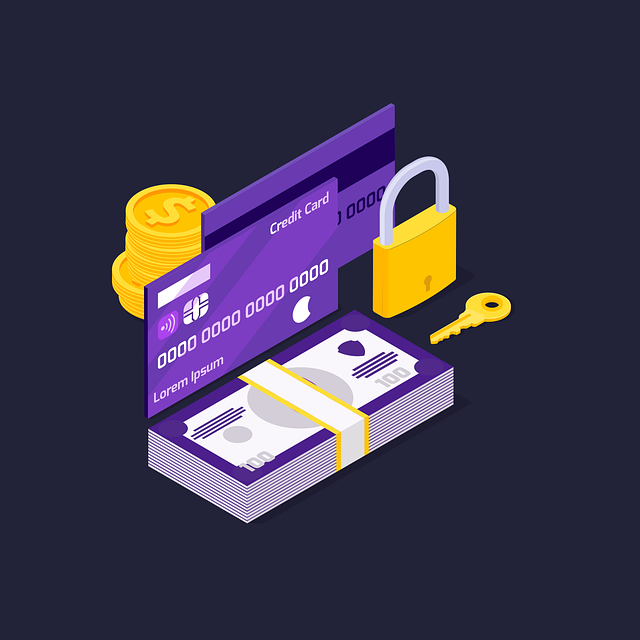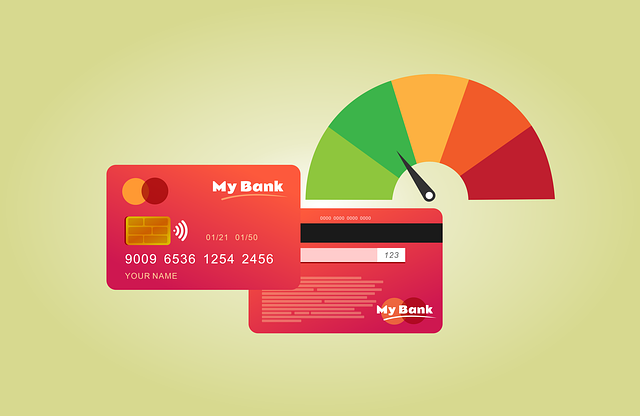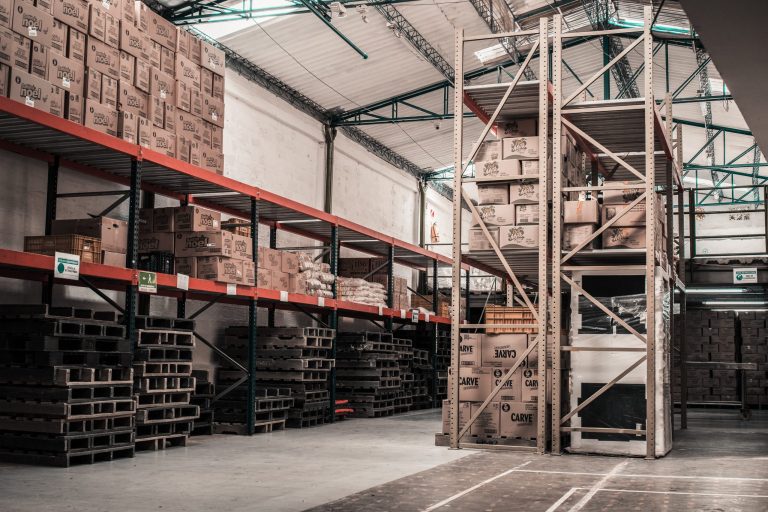How Online Lenders Are Responding To Coronavirus
Most online lenders are expected to tighten up their guidelines. This may result in lower approval amounts or shorter terms and higher cost of capital. Regardless of your industry, this is just a riskier time for the general economy. Many businesses will be affected to some degree. Thus, there is a higher level of risk attached to all business loans that get approved in the near future.
Even if you don’t have any of these issues, it may be challenging to find financing and especially financing with a term length of over 1-2 years without collateral.
What To Do If You’re Currently Paying Back a Loan
Another aspect of online lenders expected to change is their ability to approve additional rounds of funding by state and industry. Before the pandemic, returning customers of online lenders could easily access additional rounds of funding as long as they had paid back their previous loans on time. But now, online lenders will take their time evaluating each applicant’s creditworthiness, regardless of their track record. So, even if you’ve taken out multiple business loans with the same online lender, you may not be approved for another loan if your credit score and cash flow are less than perfect.
If you are currently paying back a loan but aren’t sure you’ll be able to continue making payments, contact your lender and explain your situation. Online lenders are already losing a lot of business. They don’t want customers to default on their loans, especially now. There are several solutions to issues with making payments. Some of these can be extending terms or decreasing your payment for some time. Many customers are likely facing the same dilemma as you, so lenders should be accustomed to negotiating new arrangements. They may even be willing to defer some of your payments.
If you have a business line of credit from an online lender, you may be asked for recent bank statements before the lender allows you to borrow funds. You may only be permitted to draw a certain amount from your credit line, or you may have to wait a certain amount of time before you can draw at all.
SBA Coronavirus Business Loans Are Now Available
The SBA’s Economic Injury Disaster Loan program can provide up to $2 million to small businesses that have lost revenue due to Covid-19. To qualify, your home state must have taken the necessary actions to be officially declared a “disaster.” Eligible businesses also cannot have enough cash or credit on hand to obtain funding from another source or cover operational expenses on their own. However, Congress recently submitted legislation that seeks to eliminate this requirement.
If you qualify, your interest rate will be 3.75%, and the maximum term is 30 years. Your repayment term will be based on your cash flow and other factors that affect your ability to repay the loan. It’s unclear how long it will take to receive funds after applying.
How To Apply For a Coronavirus Business Loan
You can apply for SBA Loans here and are usually accessed through banks and other third party financial institutions. But in the case of EIDLs, the loans can be accessed directly through the SBA. To apply, visit the SBA’s SBA’s Disaster Loan Assistance page.
In addition to increasing accessibility to EIDLs, the legislation mentioned above would increase the guarantee on traditional SBA Loans (i.e., those accessed through banks) to 90%. This is precisely what Congress did during the Great Recession. They encouraged banks to lend to more struggling businesses. The legislation is reportedly expected to pass, though it’s not clear when.
Congress is also expected to enact further measures to support small businesses. Hopefully, this will include figuring out a way for third-party institutions to distribute EIDLs. Many applicants have complained about slow response times from the SBA. Still, businesses are strongly encouraged to pursue EIDLs. Persistence will likely play a significant role in the survival of any business as this crisis unfolds.
State governments, non-profit organizations, private companies are providing small business relief programs as well. To learn more about these programs, visit Forbes’ Small Business Relief Tracker for real-time updates.
What Is The SBA 7(a) Relief Loan?
In late March, Congress proposed another measure to aid the recovery of businesses affected by Covid-19: SBA 7(a) Relief Loans. Before explaining the loan’s features, it’s important to note that this program is not yet available because it hasn’t officially been signed into law.
If approved, businesses would be able to access up to $10 million, with terms of up to ten years. Interest rates are predicted to be in the single digits, most likely from 2.75% to 6%.
The exact requirements for eligibility are unclear, aside from the use of funds. To access SBA 7(a) Relief Loans, you must use the funds for payroll support-related purposes or cover operational expenses. Examples of the above purpose include covering payroll for employees on medical leave and covering employee health benefits. Examples of the latter include rent payments, utility bills, and business insurance payments. Eligible businesses may also use the funds to cover any debt payments that were incurred before February 15, 2020.
Given the funds’ intended purpose, businesses cannot use the funds for purposes associated with the SBA’s traditional 7(a) Loan. This includes business acquisitions, purchasing real estate, or most other large-scale investments.
There are no prepayment penalties, and the Borrower SBA Guarantee Fee will reportedly be waived.
SBA 7(a) Relief Loans VS Coronavirus Business Loans
Compared to SBA 7(a) Relief Loans, the SBA’s Economic Injury Disaster Loan (EIDL) has a lower interest rate (3.75%) and longer terms (up to 30 years). However, the SBA 7(a) Relief Loan has a significantly higher borrowing amount of $10 million, compared to $2 million for EIDL.
But the primary difference between the two will be the speed of approval and distribution of funds.
Shortly after the announcement that EIDLs would be available to businesses affected by Covid-19, the SBA was flooded with applications. This happened for at least two reasons. First, countless companies all over the US have sustained critical financial damage as a result of Covid-19. Second, while traditional SBA Loans can be accessed through banks and third-party lenders, EIDLs can only be accessed directly through the SBA. With so many applications going to just one source of funding, applicants may have to wait at least three weeks to learn whether or not they’ve been approved. It may take even longer for financing to reach their bank accounts.
On the other hand, SBA 7(a) Relief Loans will likely be available through banks and third-party lenders. Congress’s goal is to have applications approved in just a few business days, with funds appearing in bank accounts immediately afterward. Alternative business financing companies may even be able to approve and distribute funds on the same day.
Thus, unless you have already applied for an EIDL, the SBA 7(a) Relief Loan seems like the better choice.
Can You Apply For Both Loans?
If your business has already received an EIDL, you can only receive the SBA 7(a) Relief Loan if the EIDL was used for a purpose unrelated to Covid-19. Possible examples include businesses that recently took out EIDLs to recover from severe weather and flooding.
When Will SBA 7(a) Relief Loans be Available?
Like the other aforementioned legislative measures, the proposal for SBA 7(a) Relief Loans is expected to be approved. It’s just not clear when the actual applications will be available or which financial institutions will be the first to offer them. United Capital Source will provide updates on these matters as soon as the bill passes. Eventually, SBA 7(a) Relief Loans will likely be as easily accessible as standard products from companies like United Capital Source.










